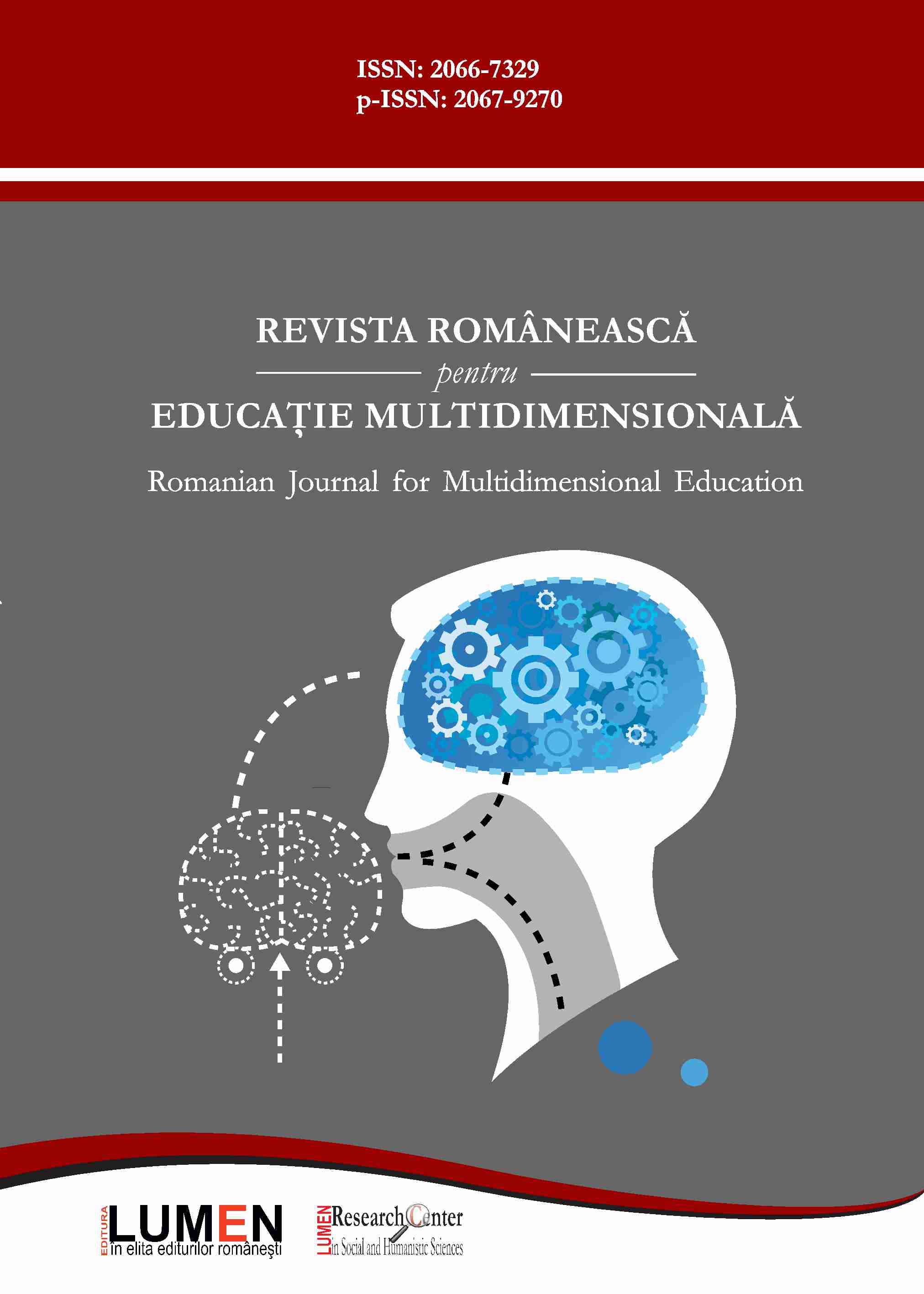Forms of Inequality Manifestation in Continuous Training Perceived by Teachers
Forms of Inequality Manifestation in Continuous Training Perceived by Teachers
Author(s): Roxana Constanţa Enache, Maria GogaSubject(s): School education, Higher Education , Educational Psychology
Published by: Editura Lumen, Asociatia Lumen
Keywords: teachers’ perceptions; inequality; continuous training programs;
Summary/Abstract: European tendencies are felt faster and more intensely in all areas of the Romanian socio-cultural system, especially after Romania's entry in the European Union. We are talking more and more about them, we are concerned about them and act accordingly in the field of education where, especially at the level of planning and designing, we are proposing transformations - especially in the continuous training programs. In this paper we aim to identify ways of manifesting inequality in education - as perceived by teachers in continuous training programs. The research was based on the application of a questionnaire to teachers involved in continuous training. This questionnaire has helped us to outline main forms of manifestation of inequalities in continuous training and teachers' perceptions of them, as well as to identify ways to prevent and combat this phenomenon. The main ways of manifesting inequalities in lifelong learning - as teachers perceive - are inefficient communication that does not give them access to information on continuous training programs; financial resources to sustain continuous training; lack of teachers' competencies in reflexive practice and research methodology as ways of continuous training; prejudices, discrimination, etc. We offer some general guidelines for the development of policies and practices regarding the continuous training of teachers in Romania. These include: -to ensure that all teachers have access to the knowledge, behaviors and pedagogical skills they need to be effective; -secure adequate coordination, coherence and resources for teacher training and development; -promoting a culture of reflective practice and research among teachers; -promoting the status and recognition of the teaching profession; helping the professionalization of education.
Journal: Revista Românească pentru Educaţie Multidimensională
- Issue Year: XI/2019
- Issue No: 3
- Page Range: 11-19
- Page Count: 8
- Language: English

